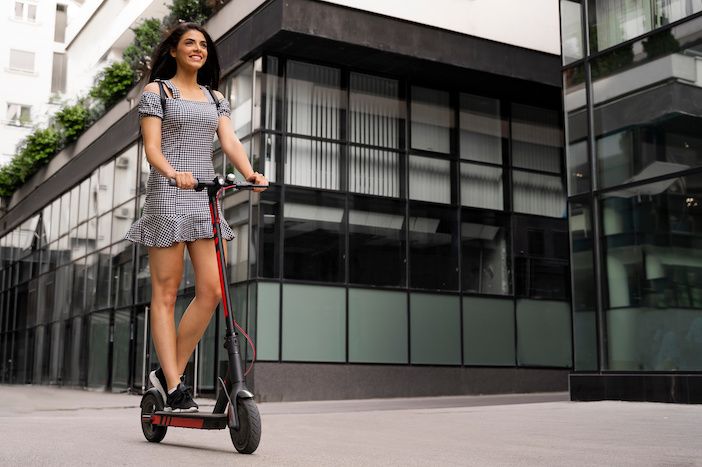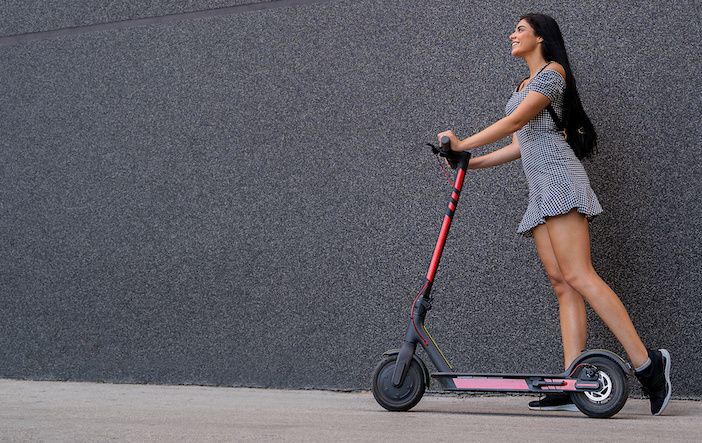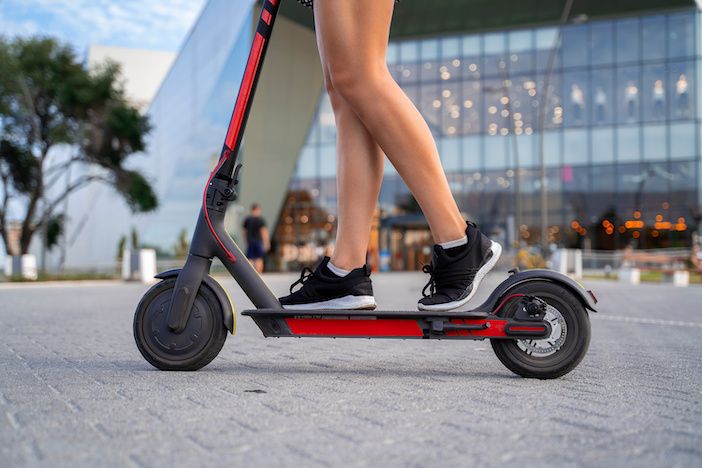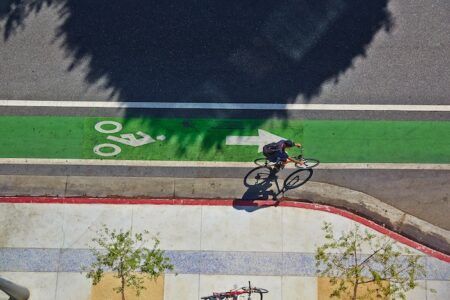The UK’s TRL (Transport Research Laboratory) has won a Department for Transport (DfT) technical research contract, supported by WMG at the University of Warwick, to establish what the future technical requirements for e-scooters should be.
The partners will work to ensure that e-scooters are as safe as possible for riders and other road users, are inclusive for people with disabilities, and are making a net positive contribution towards reducing carbon emissions.
The DfT has announced plans to create a new Low-Speed Zero Emission Vehicle (LZEV) category, that has the aim of encouraging the growth and adoption of light electric vehicles while maintaining safety standards. E-scooters will be the first vehicles to be included in their own sub-category.
The DfT has asked for evidence to identify the technical requirements for design, construction and maintenance of e-scooters, as well as how to ensure the future e-scooter regulations fully consider the mobility needs of people with disabilities.

It is hoped that the final recommendations will assist the DfT in developing effective regulations for e-scooters that are sufficiently flexible and proportionate to promote innovation and minimise the regulatory burden on industry.
“TRL has in-depth knowledge and experience of developing national and international regulations and standards, ” says TRL’s head of New Mobility, Dr George Beard. “We will be working with DfT, WMG and the wider industry to ensure our recommendations help to deliver a regulatory mechanism to encourage safe, sustainable and inclusive e-scooters, and which is mindful of the needs of, and practical challenges faced by, the industry.
“We believe that e-scooters can represent a genuine modal alternative for many transport users and, if implemented right, can be a valuable part of delivering the UK’s decarbonisation goals.”
WMG is supporting TRL – bringing a wealth of experience leading research to make e-scooters safe for riders, other drivers and pedestrians, whilst also ensuring safety and sustainability in e-scooter charging and production.

Mark Urbanowski, Principal Engineer at WMG – who will be leading the sustainability research in the project – says: “Typically, 70% of product emissions are embedded within supply chains. By developing sustainability requirements for e-scooters, stakeholders will be motivated to improve product design and manufacturing processes, reducing waste and maximising use of sustainable recyclable materials and components.
“UK-based manufacturing of e-scooters is currently largely limited to innovation and R&D. However, to attract manufacturers and service providers to the UK, they need better clarity of future LZEV regulation to justify the significant costs and risks involved in establishing a local capability.
“Including sustainability in the proposed technical requirements ensures a level playing field with a common set of rules and will reduce environmental impact across all stages of the LZEV value chain”.
he project is estimated to take approximately 10 months. The DfT will require a Transport Bill to provide regulatory powers for new LZEVs. The timing for this bill is currently unknown.





